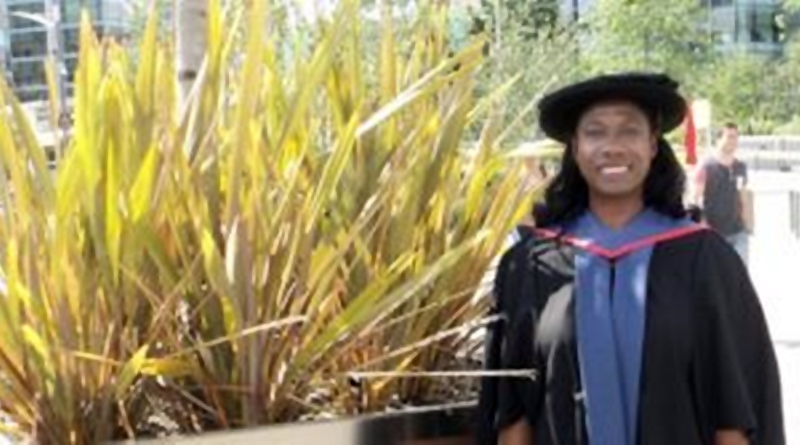If you get through the internal assessment which takes place 12-15 months after initial registration onto a doctoral programme, then 12-15 months after that, or 24-26 months into your PhD, you will have to undergo an internal evaluation.
It is the second formal point along a doctoral programme where your work is formally assessed by independent experts, usually from within your university. You will have to submit the work you have completed to date, in the form of a report that includes your thesis.
At this stage your university will expect you to have produced a substantial amount of work, in fact you should be around six months away from completion, and you should have carried out your research and completed most of the analysis.
You will also be expected to have completed at least three chapters including a review of the literature, a methodology chapter and some analysis of your findings. You should be able to defend your thesis and explain the contribution your research will make.
The internal evaluation functions as a trial run for the viva, but also serves another important purpose from the university’s perspective. It establishes whether you have developed your research to a sufficient standard deemed acceptable for you to progress to a doctoral award.
It could be decided that whilst your research is of an acceptable standard, it does not meet the key criteria of contributing new knowledge to the discipline- in which case you will be allowed to finish the research but given the lesser award of MPhil.
The other useful function of the internal evaluation is that the evaluators should offer feedback on the areas of your research that may attract intense scrutiny from external examiners, and offer suggestions on how to add greater rigour, clarity and significance.
For my recent internal evaluation, I selected two senior academics from within the university from two different schools, as evaluators. I felt that their unique blend of knowledge and experience could offer valuable insights that might not come from someone within my own discipline.
The great benefit of this approach is that it helps to give the thesis a broad appeal. Although my research sits within media and cultural studies, there are some aspects that appeal to sociologists and some to psychologists.
Some very constructive advice from my evaluators has prompted me do some more research in order to borrow theories from sociology and psychology to interpret some of my findings.
I am now working intensely on my thesis and expect to submit it by September. A year ago I planned to submit by the end of May. However, I am glad that I took more time as the result is a much stronger thesis.
Undertaking a PhD is a journey and not a race. Taking more time to complete it allows for reflexivity, which is a key component of good research. Reflection is necessary at all stages of the research project; especially during the analysis.
Having said that, my official submission deadline is September 2014, as most full-time programmes provide four years for completion of doctoral research. However, funding is only paid for three years – hence my early submission!




